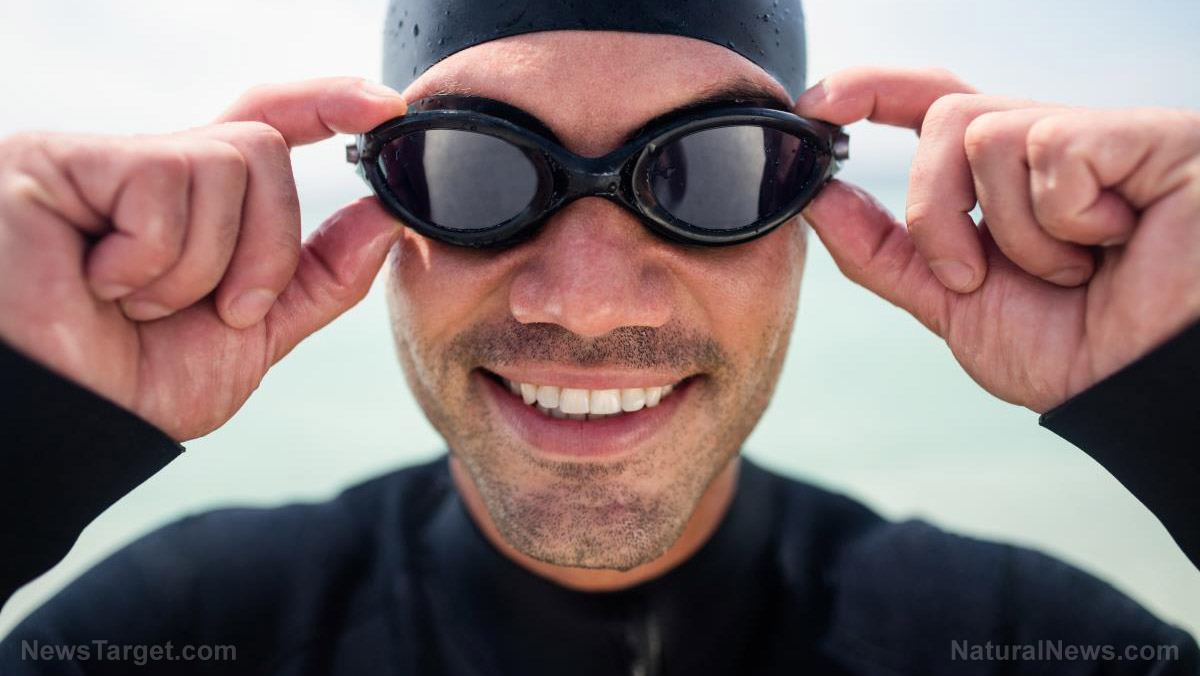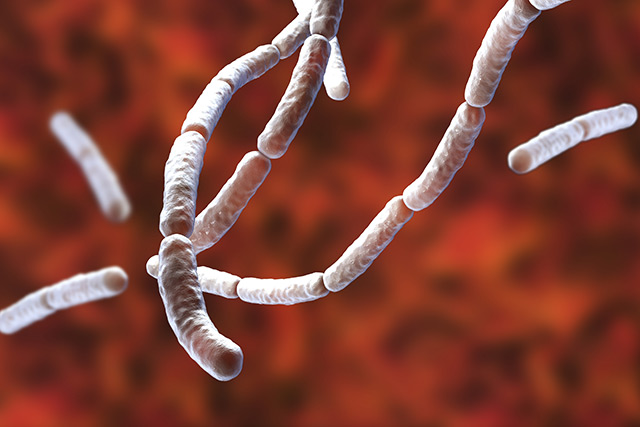
Anyone who wants to go to space must know about the health risks involved in leaving the Earth's atmosphere and gravity. A NASA-backed study warns that astronauts were much more prone to developing a case of herpes while in space and after coming home.
Researchers found that seven percent of the astronauts who previously reported herpes infections in the past suffered a new outbreak while in space. Furthermore, 57 percent of the participants displayed much higher levels of the viruses during missions than they did on Earth.
Herpes viruses cause cold sores, glandular fever, and shingles. When their host is healthy, the pathogens enter a dormant state and bide their time. Once the host gets exhausted or stressed, the viruses wake up to take advantage.
The findings raised concerns about the health of the astronauts during extended space voyages, such as the planned mission to Mars in the 2020s. If the human immune system grew so weak during short trips that inactive viruses came out of dormancy, long trips might pose more serious risks. (Related: If you want to be an astronaut, you may need a good sense of humor: NASA is looking for jokers to join Mars crew.)
Astronauts are much more likely to experience new episodes of herpes infections
The study involved 89 astronauts. The participants either served aboard the space shuttles, stayed on the International Space Station (ISS) or did missions with both.
Researchers took saliva samples and looked for signs of herpes simplex virus 1 (HSV-1). Responsible for cold sores, this herpes strain infected many parts of the body, especially the genitalia.
The analysis revealed that 53 percent of the space shuttle crew and 61 percent of the astronauts who served aboard the ISS experienced HSV-1 shedding. Shedding is how a virus multiplies and spreads through the body of its host.
People who spent more time in space displayed greater levels of viral activity in their saliva. They also contained higher quantities of HSV-1 in their bodies. Several astronauts even developed cases of shingles during their space mission.
In addition to HSV-1, the participating astronauts showed increased levels of Epstein-Barr virus, varicella-zoster, and cytomegalovirus. These are also herpes strains.
These four viruses comprise half of the herpes strains that are known to infect humans. They spread through skin contact and have affected billions of people around the world.
Longer space flights may weaken the immune systems of astronauts even worse than expected
“NASA astronauts endure weeks or even months exposed to microgravity and cosmic radiation – not to mention the extreme G forces of take-off and re-entry,” explains Jes Tech researcher Dr. Satish Mehta. “This physical challenge is compounded by more familiar stressors like social separation, confinement and an altered sleep-wake cycle.”
Mehta and his colleagues believe that staying in space for long periods might put the health of astronauts at severe risk. The possibility makes the multi-year-long mission to Mars much more worrisome.
“During spaceflight there is a rise in secretion of stress hormones like cortisol and adrenaline, which are known to suppress the immune system,” he warns. “In keeping with this, we find that astronaut's immune cells – particularly those that normally suppress and eliminate viruses – become less effective during spaceflight and sometimes for up to 60 days after.”
Furthermore, astronauts might also end up infecting other people with their reactivated herpes viruses upon their arrival back at Earth.
Astronauts put their health on the line whenever they go into space. Their bones and muscles atrophy due to lack of gravity and use, their hearts beat irregularly, and they tend to develop cancer and Alzheimer's disease more frequently.
Sources include:
Please contact us for more information.

















